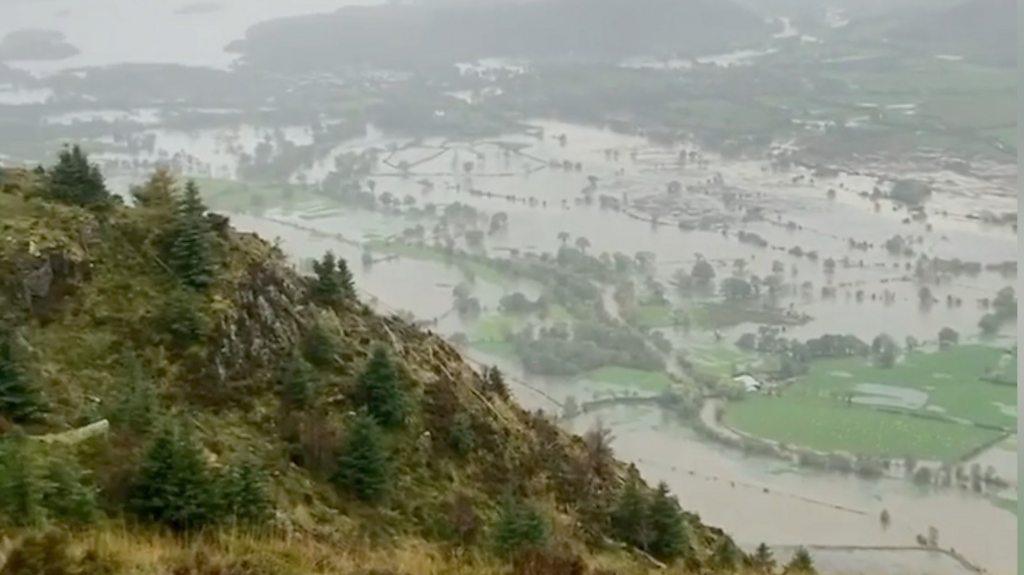Lake District: New Zealand Pigmyweed spreads in Derwent catchment
- Published
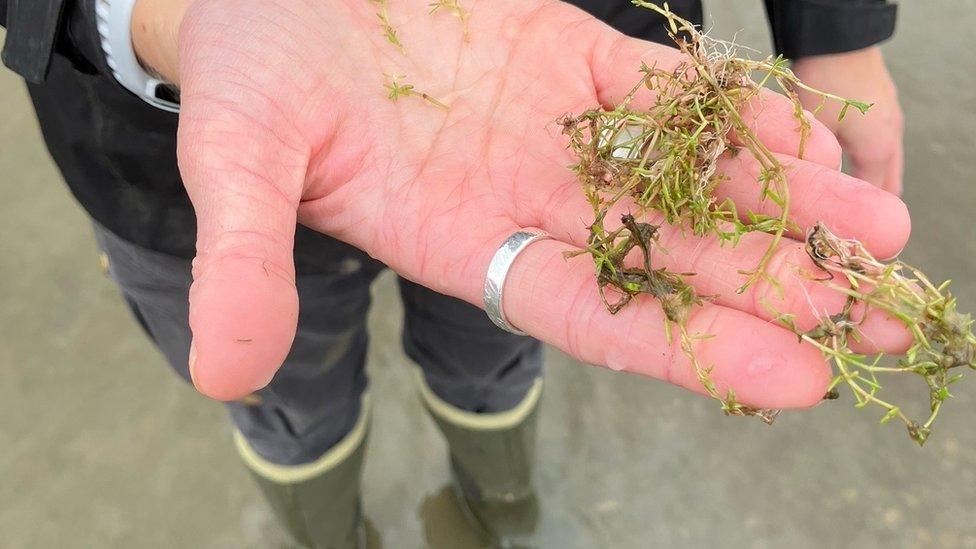
New Zealand Pigmyweed can spread from the smallest cutting
Conservationists are in a race against time to stop the spread of a highly invasive weed in the Lake District.
New Zealand Pigmyweed, which can spread from a tiny fragment, has taken hold throughout the Derwent catchment.
West Cumbria Rivers Trust (WCRT) said only Buttermere was free of the non-native species.
Swimmers, anglers and water sport enthusiasts are being asked to check, clean and dry their equipment to make sure it is free from weeds.
New Zealand Pigmyweed was recently found in Crummock Water and has been detected in Bassenthwaite Lake, Derwentwater and Loweswater.
Izzie Mullin, invasive species officer with WCRT, said: "It is incredibly adaptable and the smallest fragment measuring only 2cm can see it spread from one area to the next and it just grows into great dense mats on the water surface, completely outcompeting everything else.
"It also increases the nutrient loading of the lake which makes it really hard for native fish and invertebrates to survive if there's not enough oxygen in the water."
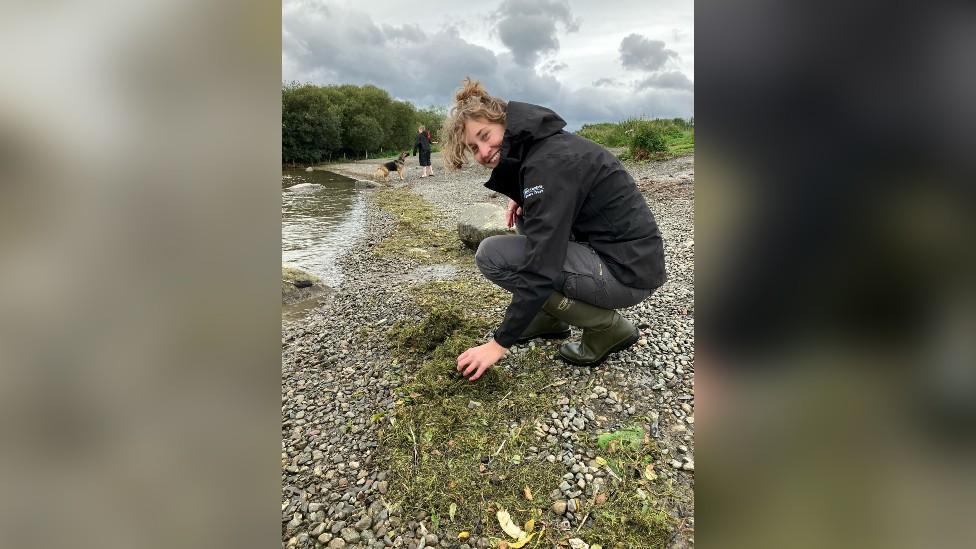
Izzie Mullin is worried about the spread of invasive non-native species
The weed can easily attach itself to clothing or equipment such as a boat, paddleboard, wetsuit or angling equipment. It then spreads when moved from one body of water to another.
WCRT is working with the National Trust to warn people to ensure clothing and equipment are weed-free, ideally on the lake shore.
Those using the lakes are advised to:
Check all clothing, especially wetsuit folds and buckles, the soles of footwear and equipment
Clean and wash all equipment on site, leaving all organisms and plant fragments behind
Dry all equipment and clothing thoroughly as some species can survive for two weeks in damp conditions
Joe Bagnall, National Trust riverlands ranger, said: "The importance of a healthy and functional natural environment cannot be overstated for the benefit of all our wellbeing, therefore it is the National Trust's goal to ensure that the fantastic lakes and rivers in our care are kept in healthy conditions allowing people to enjoy them forever."
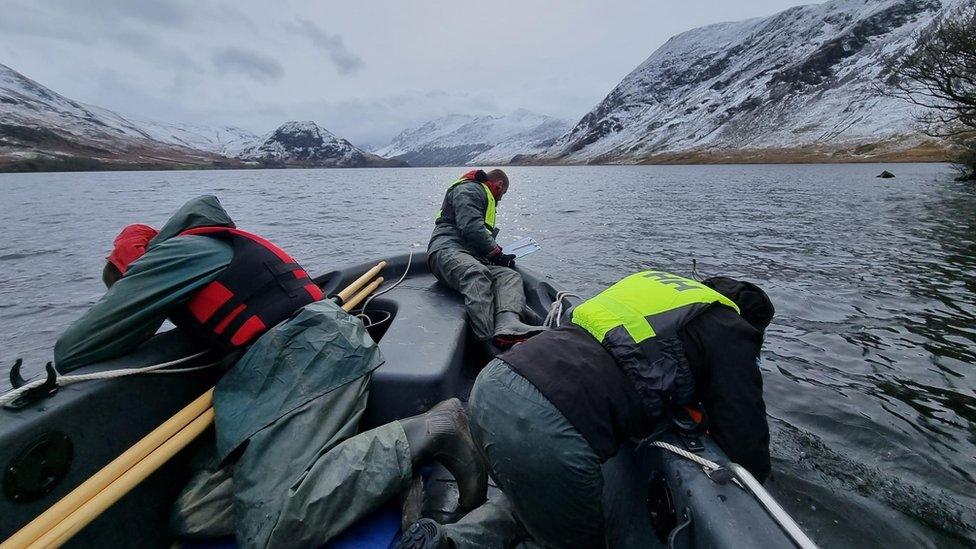
Staff look for invasive non native species all-year long

Follow BBC North East & Cumbria on Twitter, external, Facebook, external and Instagram, external. Send your story ideas to northeastandcumbria@bbc.co.uk, external.
Related topics
- Published12 December 2022
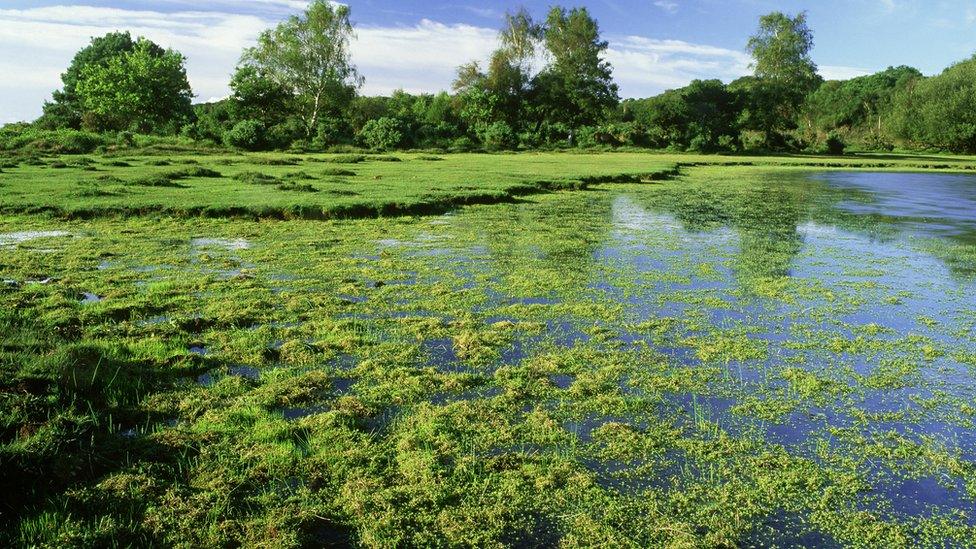
- Published12 February 2022

- Published6 June 2021
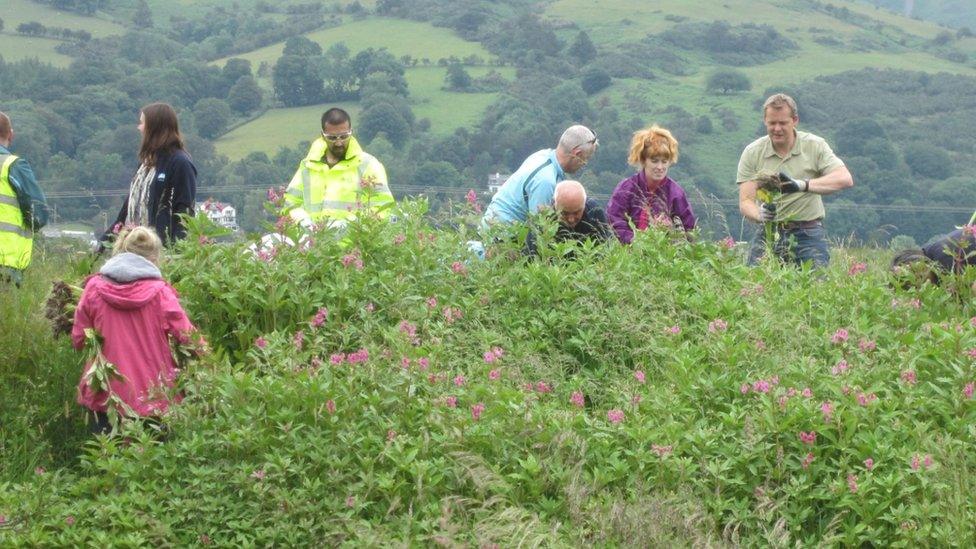
- Published29 October 2021
